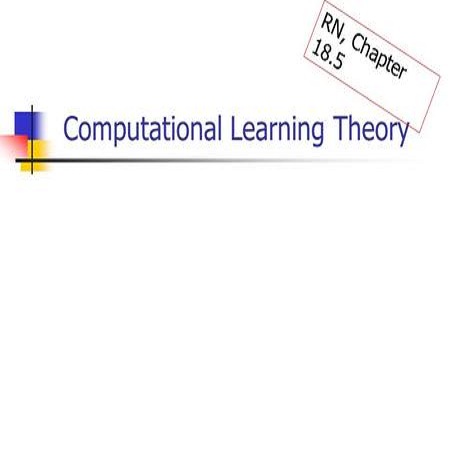In this paper we empirically evaluate biased methods for alpha-divergence minimization. In particular, we focus on how the bias affects the final solutions found, and how this depends on the dimensionality of the problem. We find that (i) solutions returned by these methods appear to be strongly biased towards minimizers of the traditional "exclusive" KL-divergence, KL(q||p), and (ii) in high dimensions, an impractically large amount of computation is needed to mitigate this bias and obtain solutions that actually minimize the alpha-divergence of interest.
翻译:在本文中,我们从经验上评价了有偏向的尽量减少甲型动物的极限方法。特别是,我们侧重于偏见如何影响最终的解决方案,以及这如何取决于问题的方方面面。我们发现,(一)这些方法所恢复的解决方案似乎严重偏向于尽量减少传统的“排他性”KL-剂量,KL(q ⁇ p),以及(二)在高维度方面,需要大量不切实际的计算来减少这种偏向,并获得实际将利益最小化的解决方案。
相关内容
专知会员服务
65+阅读 · 2020年5月12日
专知会员服务
24+阅读 · 2019年11月11日
专知会员服务
36+阅读 · 2019年10月17日
Arxiv
0+阅读 · 2021年7月6日
Arxiv
13+阅读 · 2020年6月24日




